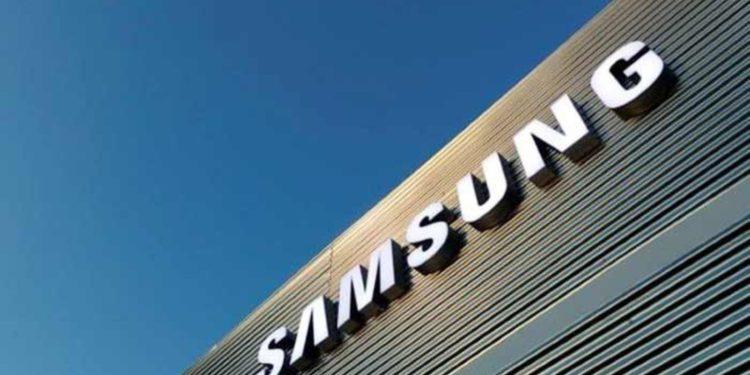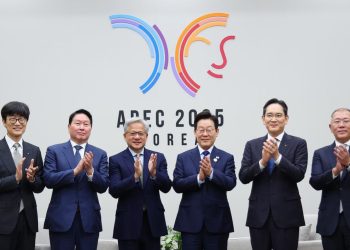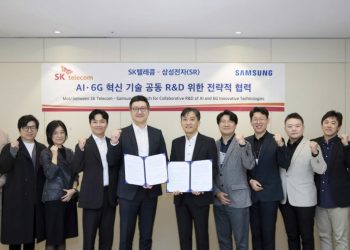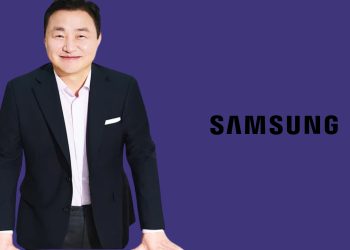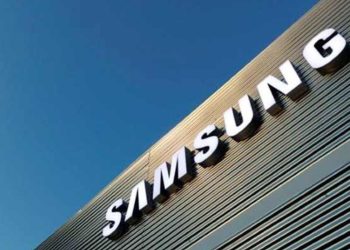Samsung Electronics has publicly acknowledged recent struggles with innovation following the release of its third-quarter 2024 earnings guidance, which fell below market expectations. In a formal letter issued through Samsung’s Korean newsroom, newly appointed Vice President of Device Solutions, Jeon Young-Hyun, addressed the company’s perceived “crisis” in competitiveness, particularly within its once-leading smartphone and semiconductor sectors.
The South Korean tech giant reported an estimated operating profit of 9.1 trillion won ($6.8 billion) for the third quarter, missing analysts’ predictions of 10.3 trillion won. Samsung’s underperformance comes amid rising criticism over lagging innovation, especially in high-end chips for AI applications, where competitors have gained an edge.
Despite a threefold increase in profits from the same period last year due to a rise in memory chip prices, the figures marked a nearly 13% decline compared to the second quarter, heightening concerns over Samsung’s competitive position.
Analysts attributed this dip partly to Samsung’s delayed entry into the high-bandwidth memory (HBM) chip market, where rivals like SK Hynix supply Nvidia’s AI servers with the most advanced chips.
Jeon Young-Hyun’s letter showed Samsung’s struggle to keep up in high-margin semiconductor areas, especially in AI-oriented products. The company has faced delays in launching its own HBM3E chips, a high-performance memory type critical for AI applications, with product qualification for Nvidia systems still pending.
Meanwhile, SK Hynix has advanced significantly, recently beginning mass production of 12-layer HBM3E chips, expanding its lead in the AI chip sector. Analysts have pointed out that Samsung’s lag in this segment has resulted in lost opportunities within the booming AI market, where rapid innovation is key to maintaining a competitive edge.
This shift has put additional pressure on Samsung’s traditional memory chip and smartphone businesses, with demand slowing and competition increasing, particularly from Chinese manufacturers.
Lower-margin conventional memory chips still comprise a large part of Samsung’s revenue, making the company more susceptible to market fluctuations. Concerns have risen about a potential oversupply of DRAM chips amid weakening demand in the mobile and PC sectors, which could further strain Samsung’s semiconductor earnings in the coming quarters.
Jeon acknowledged these challenges in his letter, stating Samsung’s plans to address its internal issues and regain its standing in the market. He reassured stakeholders that the company would prioritize long-term technological advancements over short-term fixes, aiming to strengthen both organizational culture and operational agility. This approach, he said, would help Samsung “turn crises into opportunities” and reestablish its leadership in high-performance memory chips and advanced smartphone technologies.
As the company navigates these difficulties, it is also implementing workforce adjustments, including cuts to its 147,000 overseas staff, to strengthen operational efficiency amid growing employee dissatisfaction.
Young Hyun Jun, Vice Chairman of Samsung’s Device Solutions Division, emphasized the need to enhance technological competitiveness during these “testing times.” He acknowledged the concerns regarding Samsung’s position in the market and expressed a commitment to improving organizational culture and processes to adapt to current challenges.

